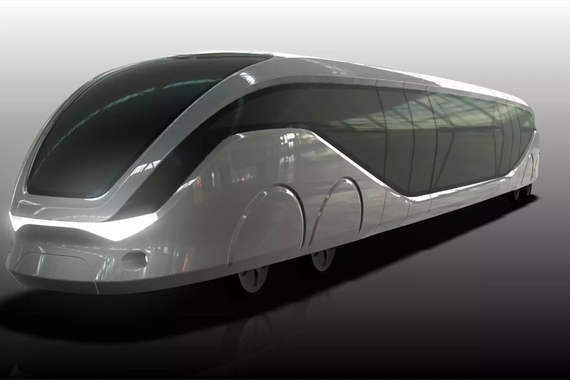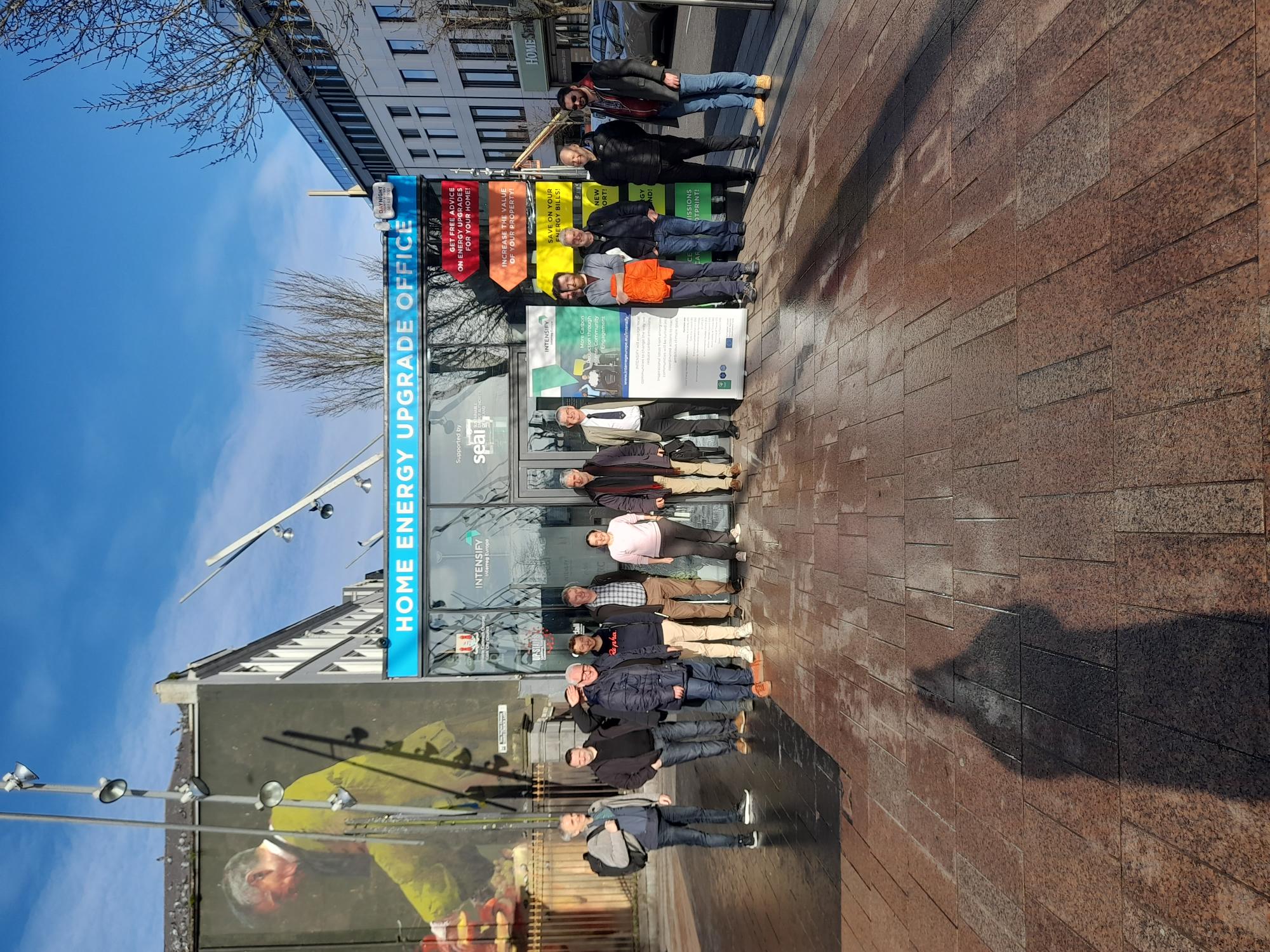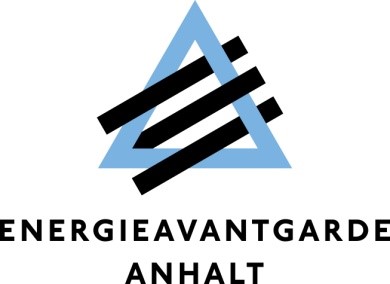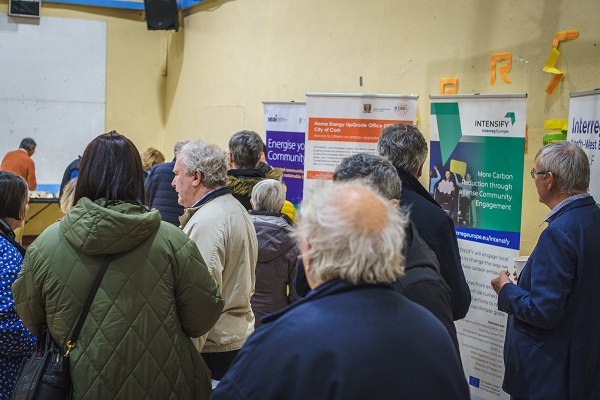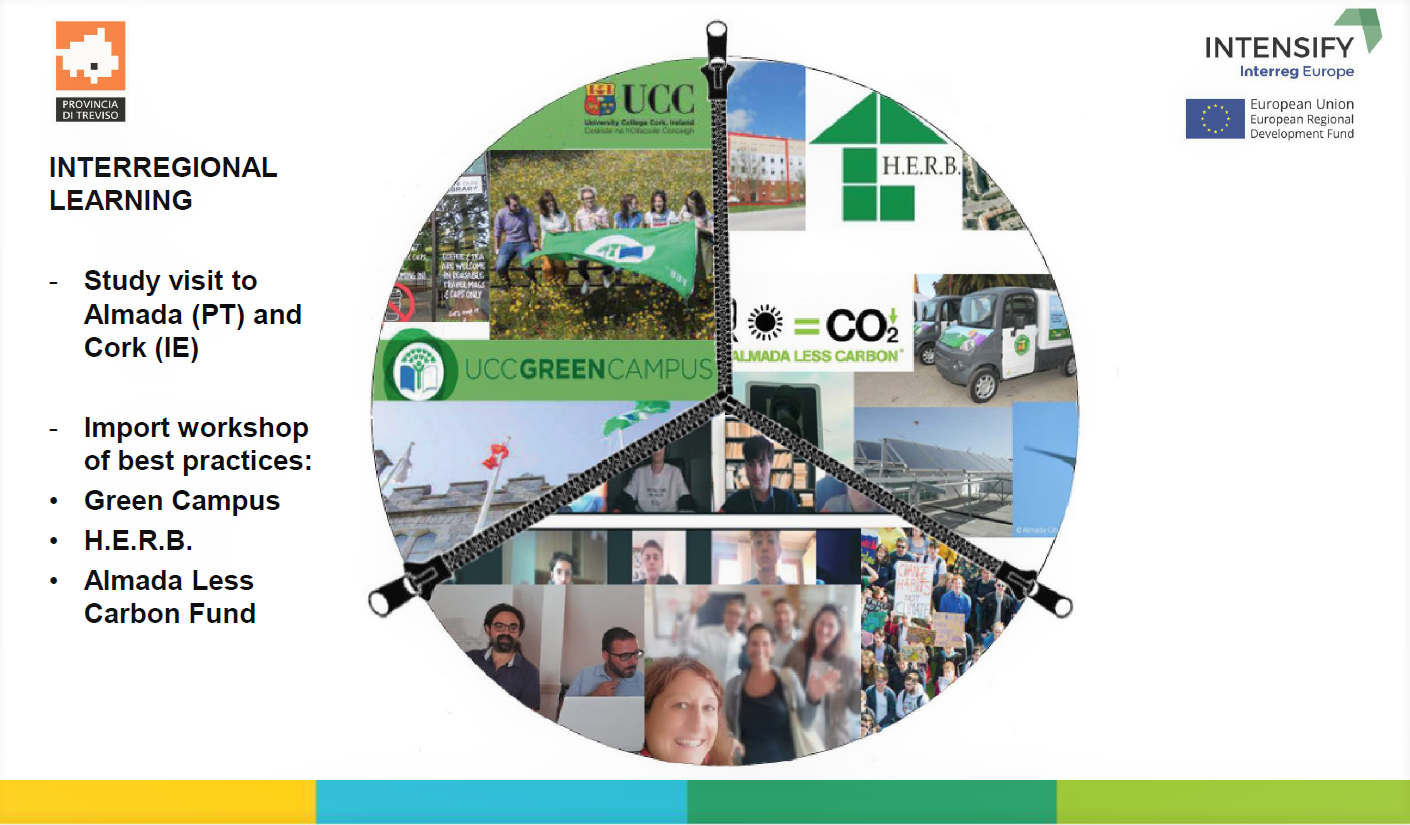CARTIF are a knowledge and research foundation centre based in Valladolid, Spain. Their mission is the generation of technical knowledge and creative ideas bringing together the scientific and industrial communities in order to improve competitiveness. It is a private and not for profit organisation.
The foundation concentrates on three main areas of research - Industrial and digital solutions, Energy and the Agri/Sustainable foods sector.
CARTIF has considerable experience in the energy sector. This includes being involved in climate change projects, improving the energy efficiency of buildings, the use of Information and Communications Technology in the energy industry, several smart cities projects, large demonstration projects such as SMARTEN Cities, smart electricity grids, renewable energy projects and electric mobility projects.
CARTIF's involvement in SMART Cities projects has been considerable. The projects encompass the energy transition space with a focus on reducing carbon footprint, big data, energy efficiency, renewable energy systems and sustainable Energy Climate Action Plans to name a few.
Digitalisation is a key part of CARTIFS future plans says José Hernándes, who spoke today at the Interreg Europe Intensify projects fourth thematic event held in Vitoria-Gasteiz, the capital of Spain's Aruba province. Digitalisation will improve the services provided by existing infrastructure. It has its challenges Jose said particularly in the area of personal data protection and surveillance. Digitalisation of information has many advantages to offer also including the already massive use of mobile phones, the existing open availability of anonymised data, and the easy availability and relative cheapness of the technology (costs falling continuously).
Moving onto urban platforms José informed the participants that to be successful they must take a holistic approach to solving problems, they must seek to improve the quality of life for citizens, support good decision making, be efficient and respect citizens privacy and security. Their must also be interoperability between different platforms.
Urban platforms need to provide a number of services to citizens including a mechanism for sensing, acquiring and storing data, the ability to analyse data, answer citizen queries and assist decision makers in making sensible decisions.
José gave a number of examples of the application of Urban platforms including one from the SOLARCADASTER project. Amongst this projects aims was the creaton of a digital energy and climate map for the city of Nantes in France. The information provided included details of energy renovation packages for homes and buildings, the location of electric car charging points and an energy 3D atlas of the city.


